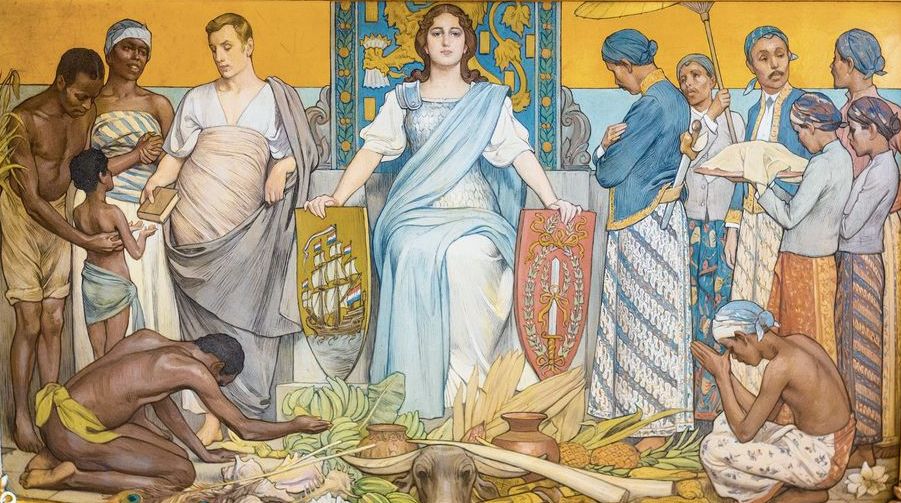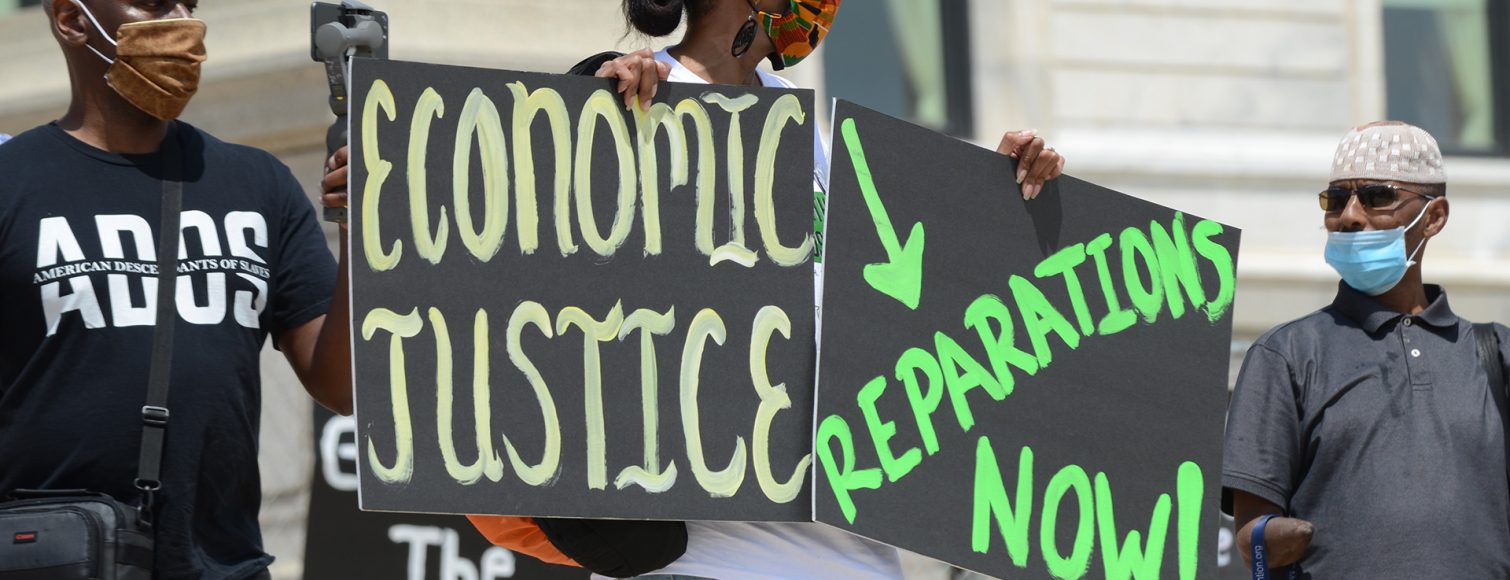The majority of people in the Netherlands are against reparations. But why? And do you know where you stand?
150 years after the abolition of slavery in the Netherlands and its colonial territories, the discussion about the legacy of the past is gaining traction. The Dutch government, the national bank, and several cities and municipalities have already offered official apologies for their role in slavery. To some, the logical next step after apologies is to talk about reparations: financial compensation for the suffering and damages done by slavery. To others, however, the thought of reparations isn’t logical but irrelevant or even terrifying because of the economic implications. To say that it’s a divisive topic is an understatement. In this brief article, I will share some background info and some questions to help you navigate the complexity of this societal debate.
Take a quick look at what has been written on the topic recently:
- The Dutch government apologized for its role in slavery, but says it will not pay reparations.
- Polls done by Hart van Nederland and the NOS found only 3-9% of people were in favor of reparations.
- Others have claimed that reparations have already been made through various development funds and social programs.
- A calculation was made for backpay owed to a single enslaved woman on a Dutch plantation: €9.5 million euros.
- A calculation for the total debt owed to former Dutch colonies and descendants of the enslaved was set at €25 billion euros.
- Lawyers are researching precedents for legal steps that descendants of enslaved people can take for claiming reparations.
Opinion in the Netherlands is divided, but clearly most people seem to be against paying reparations. But why? Is it pragmatism? Fear? Prejudice? Or pride? Are we even informed enough to make an opinion? How many people know, for instance, that former slaveowners were compensated with 300 guilders per person freed from their plantations because of ‘economic damages’ caused by abolition, while formerly enslaved people only went from bad to worse?
I’m no expert, but I do find it important to be better informed before I make up my own mind. And to think about it with other people. There are and have been several opportunities to do so with SG: we’ll talk about it over dinner at the upcoming Keti Koti event; we’ve got a related survey up in the Library right now; and I hosted a small discussion on reparations back in May.
In the discussion with students, we asked these core questions:
Why should reparations be paid?
Who should receive them?
Who should pay them?
What form should reparations take?
And finally, What would the impact be?
To be honest, we couldn’t reach a satisfactory conclusion after the discussion. The issue was just too complex. But if you’re looking to inform yourself, I can recommend exploring these questions. In fact, this year for Keti Koti, ask your mom or dad’s opinion. Grill your siblings. Start a conversation with your housemates. Reparations, yea or nay?
Regardless of where you stand on the issue, slavery and (colonial) economic inequality are an undeniable aspect of Dutch history. I leave you with this painting, part of the artwork decorating the royal carriage (de gouden koets). It’s called “Hulde der Koloniën (Tribute from the Colonies)”. To be fair, the royal family finally stopped using the carriage in January 2022 because of public outcry. But it stands as a shocking reminder of why we should be talking about this in the first place. Look at it. If not reparations, what then?

Klaas P van der Tempel – Program maker Studium Generale

